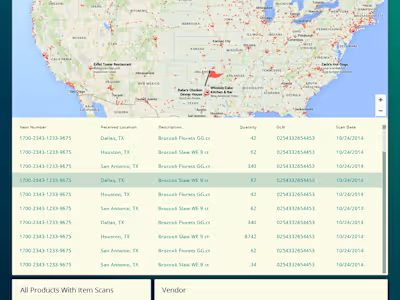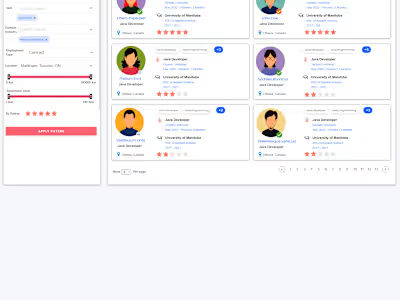B2B business portal
1) Define the portal's objectives: Determine the main
purpose of the portal, such as facilitating room bookings, managing
reservations, and streamlining the communication between travel agents,
property owners, and hotels.
2) User registration and authentication: Implement a
registration system for travel agents, property owners, and hotels. This will
allow each user to create an account and provide the necessary information for
authentication.
3) Profile management: Develop user profile sections where
travel agents, property owners, and hotels can update their information,
including contact details, company profiles, and property listings.
4) Search and filter functionality: Build a robust search
engine that allows travel agents to search for available rooms based on
criteria like location, dates, price range, amenities, and property type. Incorporate
filtering options to narrow down the search results.
5) Hotel and property listings: Enable property owners to
list their available rooms with detailed descriptions, images, amenities,
pricing, and availability calendars. Implement a review and rating system for
properties to help travel agents make informed decisions.
6) Booking management: Implement a booking system that
enables travel agents to reserve rooms on behalf of their clients. Provide
real-time availability updates, booking confirmation notifications, and the
ability to modify or cancel bookings when necessary.
7) Payment integration: Integrate a secure payment gateway
to facilitate transactions between travel agents and hotels. Ensure that the
payment process is smooth and supports multiple payment methods.
8) Communication tools: Include messaging or communication
features within the portal, allowing travel agents, property owners, and hotels
to communicate directly for inquiries, special requests, or any other
information related to bookings.
9) Reporting and analytics: Provide reporting tools to track
bookings, revenue, occupancy rates, and other relevant metrics. This data can
help travel agents and property owners make informed business decisions.
10) Admin panel: Develop an administrative dashboard that
allows portal administrators to manage user accounts, monitor bookings, resolve
disputes, and perform other administrative tasks.
11) Security and privacy: Implement robust security measures
to protect user data, including secure authentication, encrypted communication,
and compliance with data protection regulations.
12) Testing and optimization: Thoroughly test the portal's
functionality, usability, and performance to identify and fix any bugs or
issues. Continuously gather user feedback and make iterative improvements based
on their needs.
Like this project
Posted Sep 15, 2023
B2B business portal
Likes
0
Views
0




